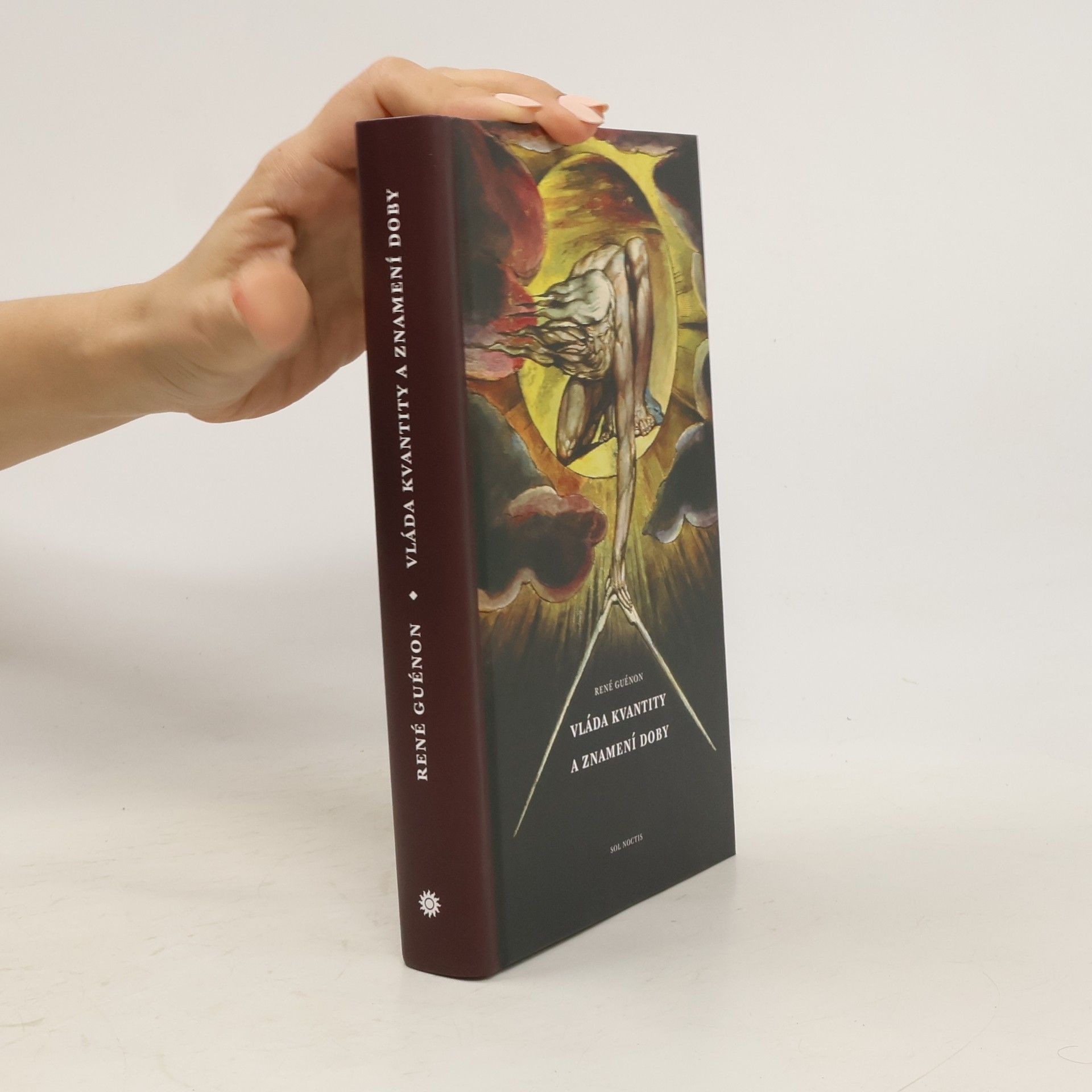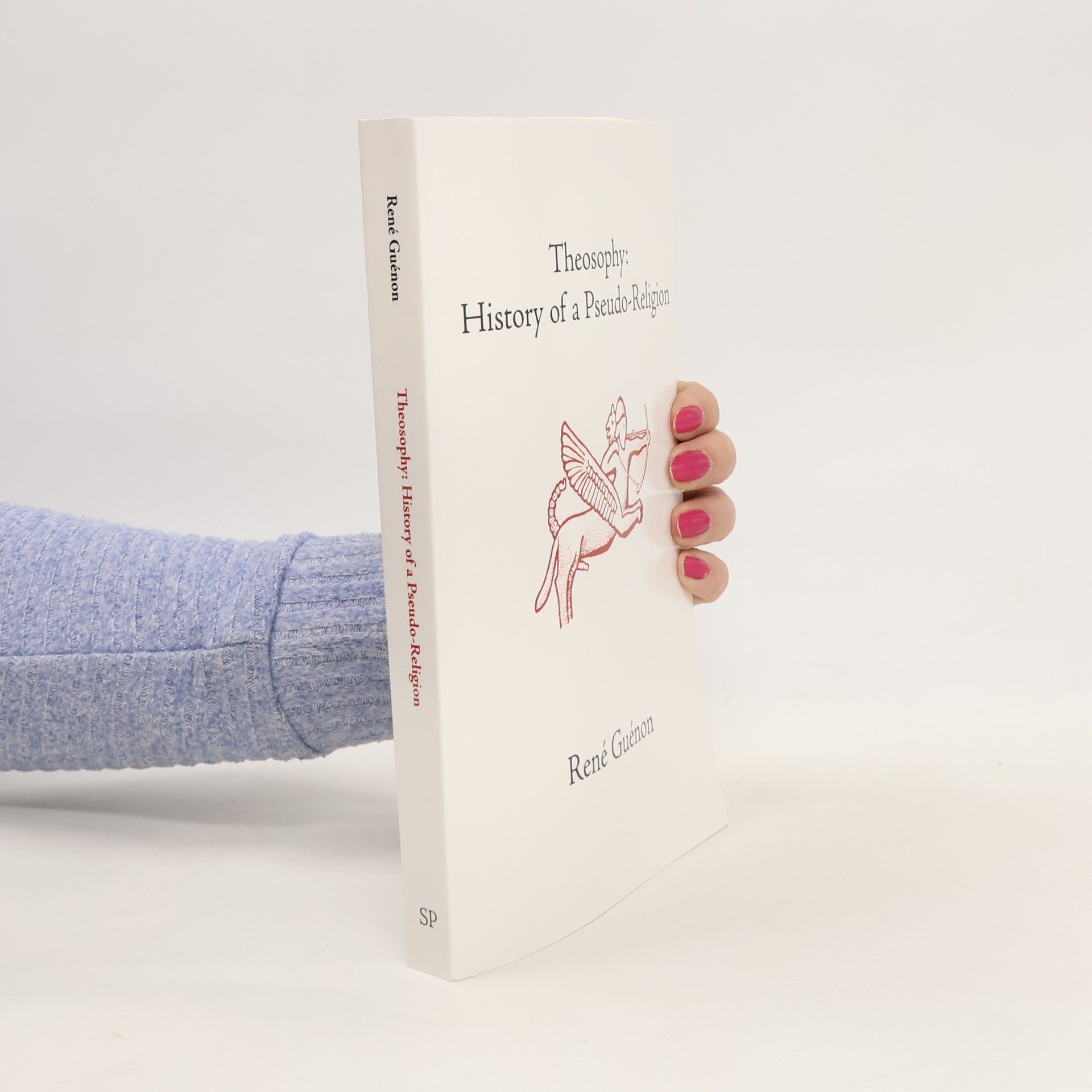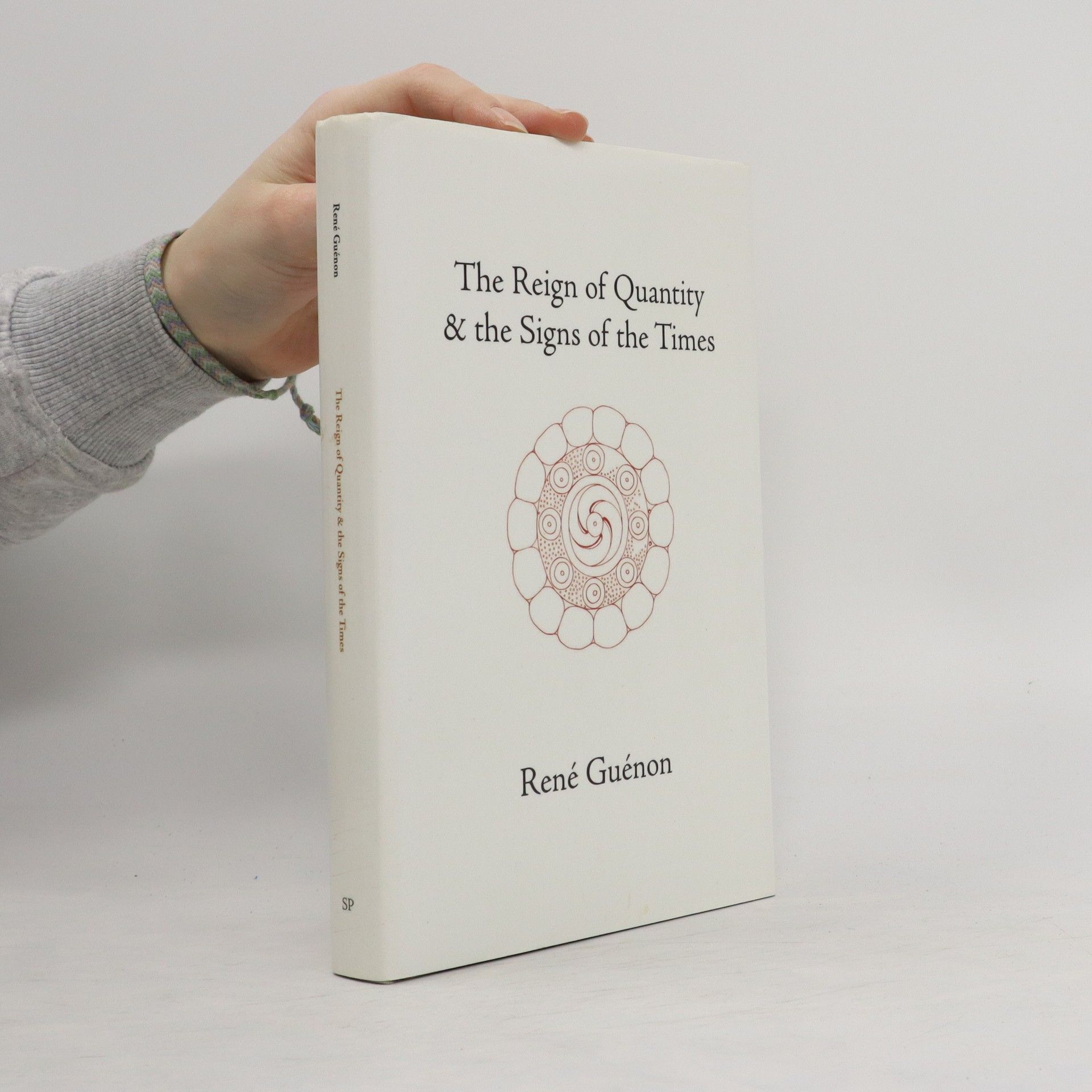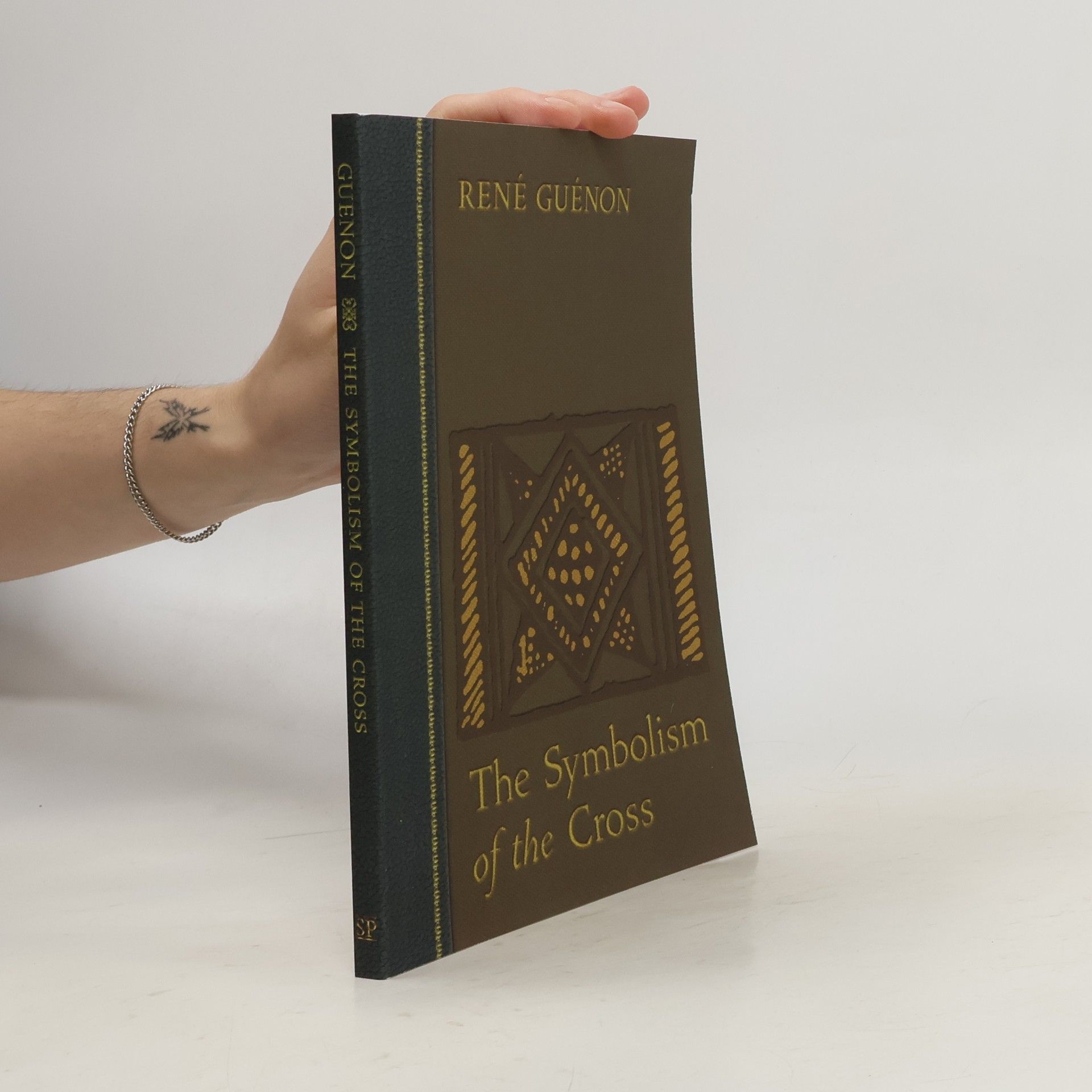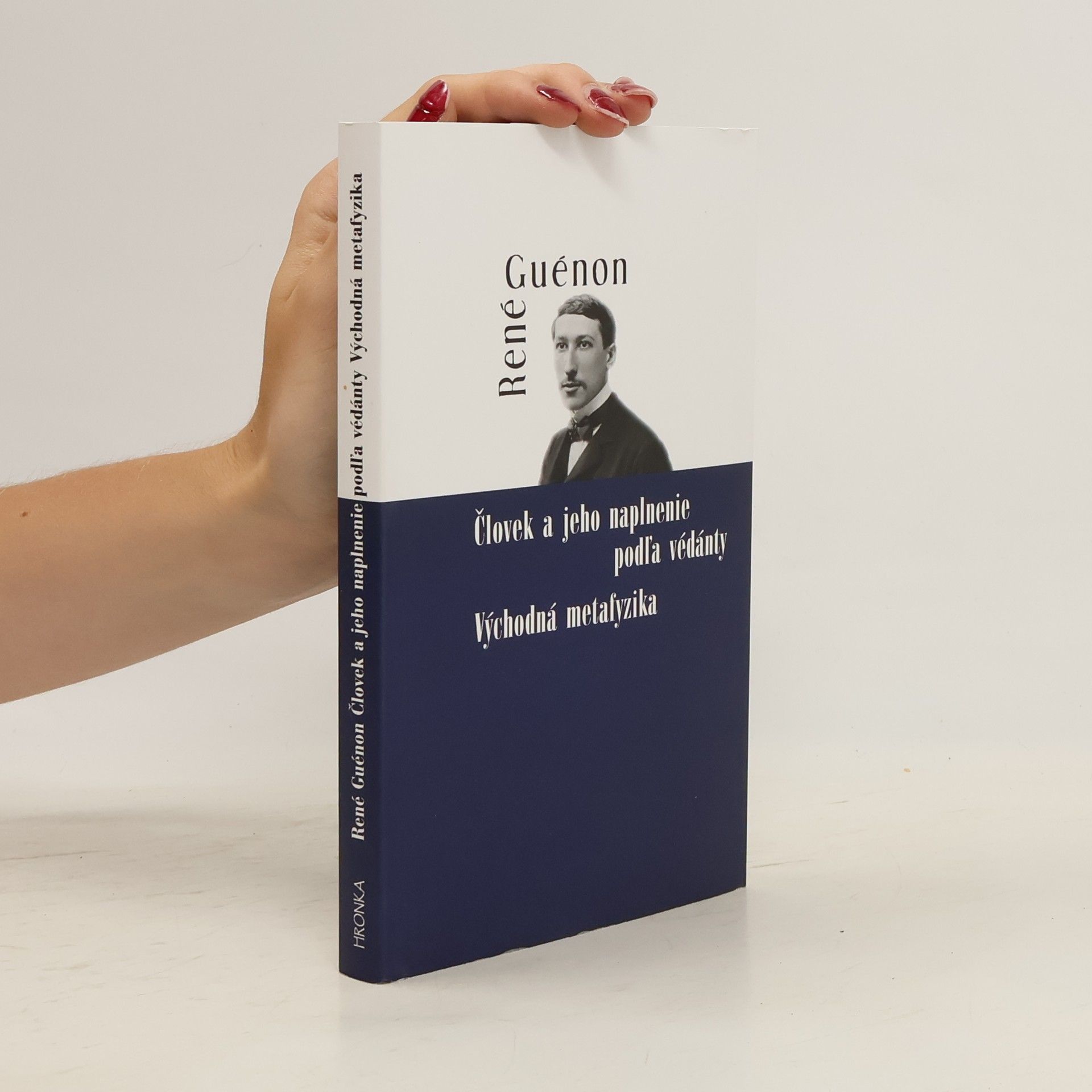El esoterismo de Dante
- 96 páginas
- 4 horas de lectura
En este libro, tan breve como suculento, René Guénon corrige los errores de quienes no habían hecho sino entrever el sentido profundo de la obra de Dante y, a la vez, proporciona una explicación enteramente nueva de múltiples puntos que los exegetas del autor de La divina comedia jamás habían podido resolver de forma satisfactoria. Sin la pretensión de ser exhaustivo sobre un tema que podría resultar inagotable, Guénon proyecta así una luz inesperada sobre un aspecto de la obra de Dante que es propiamente esotérico e iniciático. Dante fue, sin duda, algo muy distinto al genio literario que tanta admiración despierta, y es evidente que muchas cosas, por no decir muchos tesoros, quedan todavía por descubrir en lo que René Guénon ha llamado con razón «el testamento espiritual de la Edad Media».

